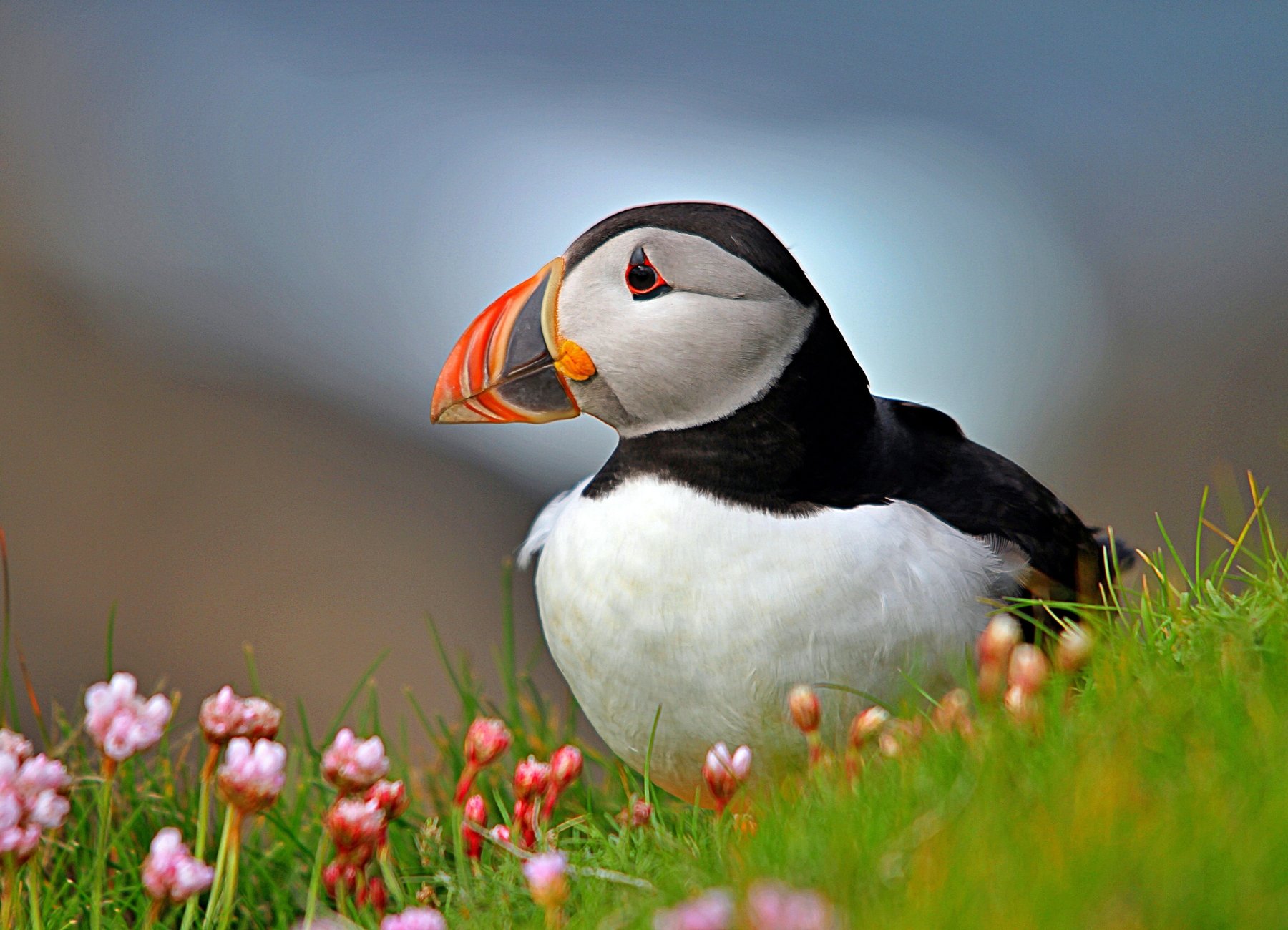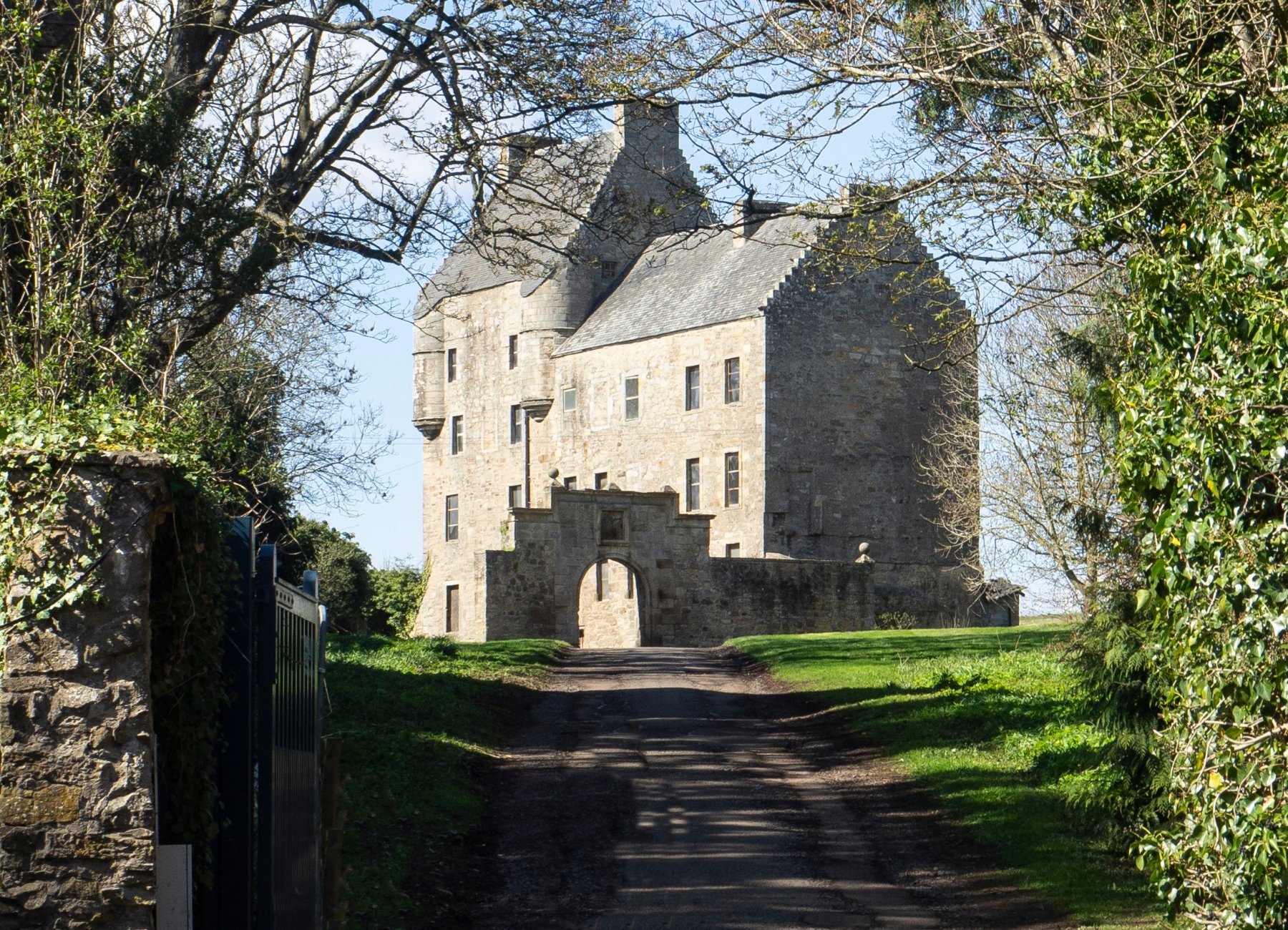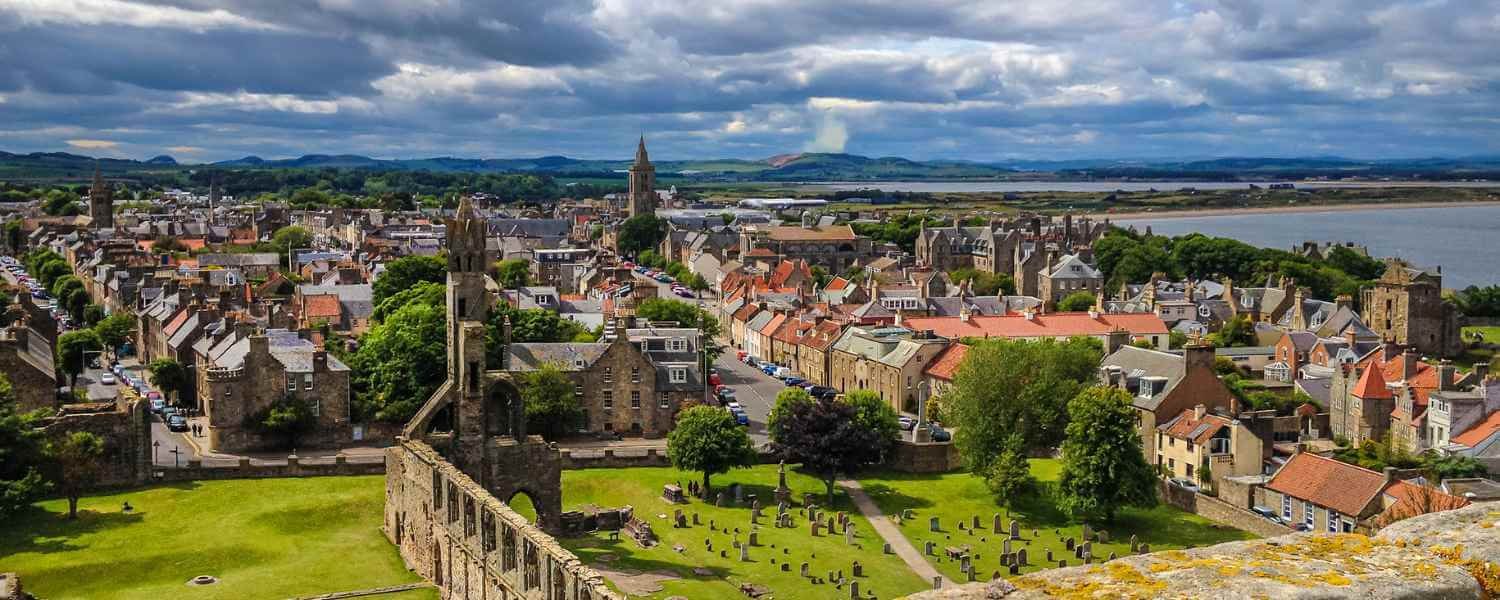Experience the Magic of the Northern Lights in Scotland
The Northern Lights, or aurora borealis, is a spectacular natural phenomenon that occurs when electrically charged particles from the sun collide with gases in the Earth's atmosphere. This creates a dazzling display of colorful lights that dance across the sky, leaving spectators in awe.
As a small, local tour company in Scotland we’ve travelled all over this wee country and seen the Northern Lights in various locations at various times - but there are places, times and things you can do to increase your chance of seeing them! At Scotland’s Wild, our friendly, story-telling guides have led thousands of trips through Scotland. We share history, legends and tales to entice people to visit this incredible country!
If you’d like to check-out our selection of tours, from day trips to islands hopping multi-day adventures - click here.
In this article we’ll tell you where and when is best to experience the beautiful lights in the sky.
Why Scotland is a Perfect Aurora Destination
Scotland’s combination of stunning landscapes and remote locations makes it a magical setting to view the Northern Lights. Whether you’re on a beach in Shetland or gazing from a hilltop in the Highlands, the experience is always unforgettable. While there’s no guarantee of a sighting, the journey to these beautiful locations is an adventure in itself. So, if you’re asking where can you see the Northern Lights from in Scotland, the answer lies in the untamed beauty of Scotland’s north.
Where to See the Northern Lights in Scotland
Scotland is one of the best places in the UK to catch the elusive Northern Lights, or Aurora Borealis, thanks to its northern latitude and areas with low light pollution. But where can you see the Northern Lights from in Scotland?
1. Shetland Islands - The Shetland Islands, located off the north coast of Scotland, are one of the best places in the country to see the Northern Lights. The islands' remote location and clear skies make it an ideal spot to catch the aurora borealis in action.
2. Caithness - The county of Caithness in the Scottish Highlands is another great location to see the Northern Lights. The area is known for its dark skies and stunning landscapes, making it a popular spot for stargazing and aurora hunting.
3. Orkney Islands - The Orkney Islands, located off the northeast coast of Scotland, are another great place to see the Northern Lights. The islands' clear skies and low light pollution make it an ideal spot for aurora spotting.
4. Isle of Skye - The Isle of Skye, located on the west coast of Scotland, is a beautiful location to see the Northern Lights. The island's rugged coastline and mountainous terrain provide a stunning backdrop for the aurora borealis.
When and Where to See the Northern Lights in Scotland
If you're wondering where and when to see the Northern Lights in Scotland, timing is just as important as location. The best time to see the aurora is during the colder months, typically from late September to March, when the nights are longest and the skies are at their darkest. Solar activity plays a key role in aurora displays, so keeping an eye on geomagnetic forecasts can increase your chances of success. Combine this with a visit to northern locations like the Isle of Skye, the Cairngorms National Park, or even as far as Aberdeenshire for a better chance of spotting this natural wonder.
It's important to note that the Northern Lights are a natural phenomenon, and their appearance is not guaranteed. However, there are certain conditions that increase the chances of seeing them. One of the most important factors is the weather. Clear, dark skies are essential for seeing the Northern Lights, so it's best to plan your trip around the weather forecast. Additionally, the aurora borealis is most active during times of high solar activity, which typically occurs every 11 years.
Tips for Viewing the Northern Lights in Scotland
When planning your trip and asking yourself where can I see the Northern Lights in Scotland, consider the weather and clear skies. Scotland’s unpredictable weather can be a challenge, so staying flexible and ready to move to clearer areas is key. Apps and websites like AuroraWatch UK provide real-time updates on aurora activity, making it easier to know when and where to see the Northern Lights in Scotland. Heading to dark-sky destinations like Galloway Forest Park or Rannoch Moor is also a great idea, as these areas are officially recognized for their minimal light pollution.
If you're planning a trip to Scotland to see the Northern Lights, here are a few things you can do to increase your chances of catching a glimpse:
Choose a dark location - The darker the location, the better your chances of seeing the Northern Lights. Look for areas with little light pollution, such as national parks or remote islands.
Check the weather forecast - Clear, dark skies are essential for seeing the Northern Lights. Be sure to check the weather forecast before heading out on your aurora hunting adventure.
Be patient - The Northern Lights can be elusive, so it's important to be patient. Plan to spend a few hours in your chosen location, as the aurora can appear at any time.
Bring warm clothing - Scotland can be cold in the winter, especially at night. Be sure to bring warm clothing, such as a jacket, hat, and gloves, to stay comfortable during your aurora hunt.
Scotland is one of the best places in the world to witness the awe-inspiring Northern Lights. From the Shetland Islands to the Isle of Skye, there are numerous locations where you can catch a glimpse of this breathtaking natural phenomenon. With its dramatic landscapes, mystical atmosphere, and remote locations, Scotland offers an unforgettable experience for anyone looking to witness the Northern Lights. Don't miss the chance to witness this magical display of nature – plan your trip to Scotland today and get ready to be amazed!
So what are you waiting for - plan your next Scottish adventure and get out there!























